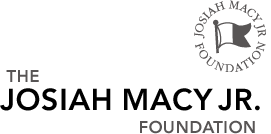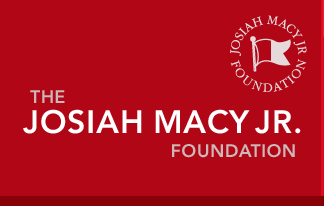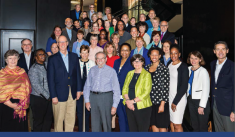Our Grantees
Across the Foundation’s priority areas, our grantees are working to improve the health of the public through innovative research and programs. The Foundation awards up to 40 grants on a rotating schedule each year.
Health Smarts While You Wait
Through their work with low literacy adults, the Adult Literacy Media Alliance has found that health literacy is key to effective health care. Low health literacy both interferes with effective care and outcomes and contributes to soaring health care costs, since adults with low health literacy use more emergency services and have more hospital visits than consumers with better skills. Indeed, the need is so acute that the Surgeon General has called improving health literacy “the currency of success for everything we are doing in primary and preventive medicine.” The annual costs of excessive or inappropriate care resulting from low health literacy has been estimated at more than $58 billion each year.
The Adult Literacy Media Alliance is working with four university health education programs, five New York area hospitals, the Greater New York Society for Public Health Education, and the Greater New York Association for Directors of Volunteer Services in their “Health Smarts While You Wait” project to train students and volunteers to teach the health literacy program to adults in non-acute health care settings in the New York metropolitan area.
The group has already developed and field-tested the TV411 Health Smarts Kit, which includes short videos, step-by-step teachers’ guides, worksheets, and referrals to online lessons. An independent firm evaluated the kit in two New York City adult education classes and found improved health literacy in adults with reading skills below the eighth grade level after two-hour teacher led sessions. The assessment demonstrated that the kit works well in a classroom setting.
Preliminary trials of the curriculum in “real world” settings at outpatient clinics and community health fairs showed that, to be effective, the materials need to be portable, adapted for shorter periods — i.e. 20 minutes in a waiting room, not two hours in a classroom-include colorful and large print teaching materials along with handouts to take home, and be available in several languages. This experience also showed that instructors needed to be trained to provide direct services in a clinical setting,
Goals of this initiative include:
- Improving health literacy and health behavior of high risk, underserved health consumers through use of an effective model that could be replicated nationwide;
- Providing educational partners with field experience for students in community health and health education programs;
- Enhancing the ability of the medical community to help low-literate patients with chronic illness to manage their health care more effectively; and
- Creating health literacy materials and a model, low cost health literacy program that schools and hospitals will be able to use for years to come.
Students are learning the content of “Health Smarts While You Wait” along with teaching techniques to engage adults in waiting rooms. Students are assigned to one of the participating hospitals and are being taught to use the multimedia curriculum materials in several ways, as one-on-one highly focused interventions; brief, 15-30 minute workshops with ad hoc groups or full, 90 minute pre-arranged health literacy classes. When possible, students work with a group more than once and refer to a long-term health education program.




 11.13.18
11.13.18